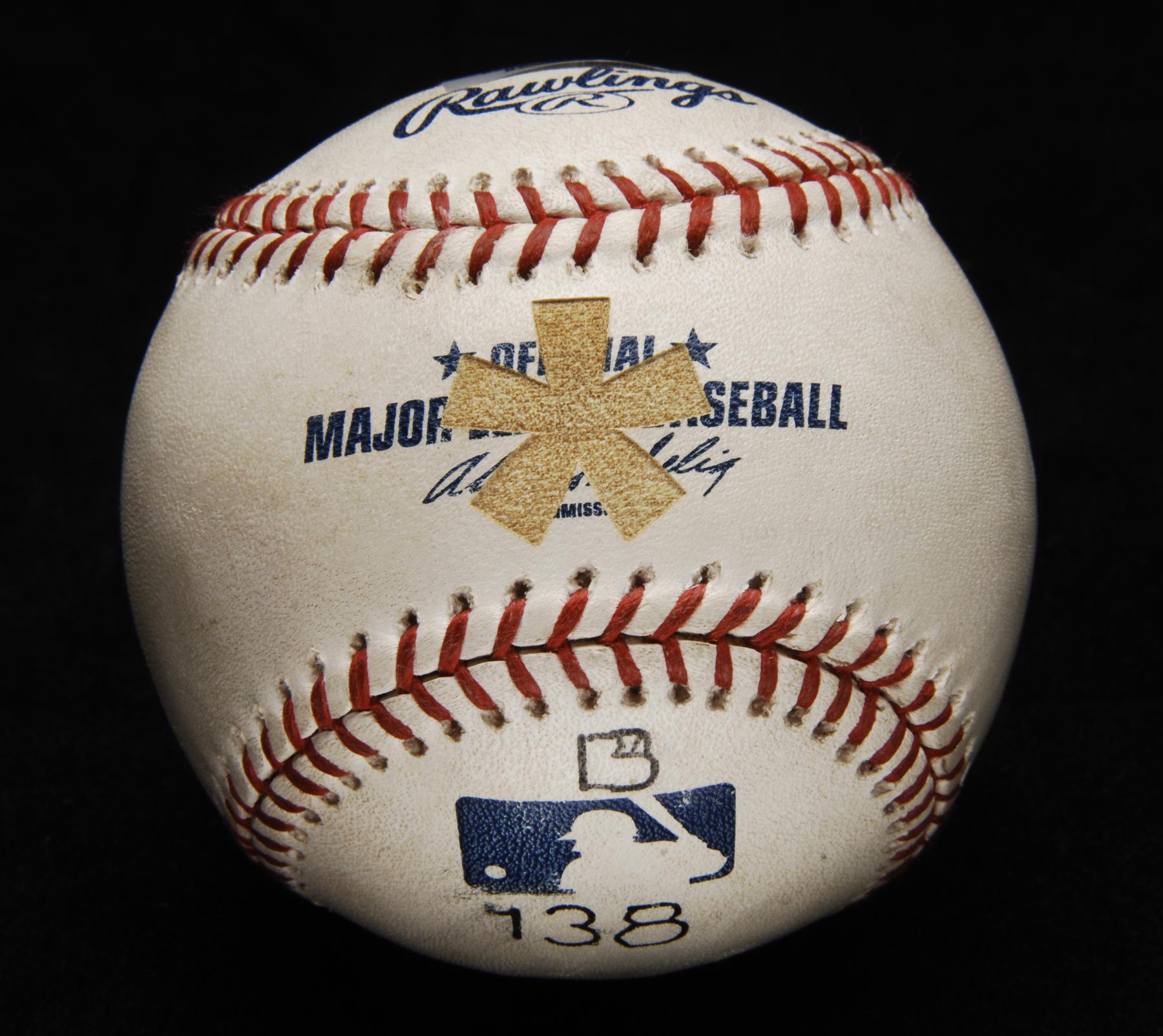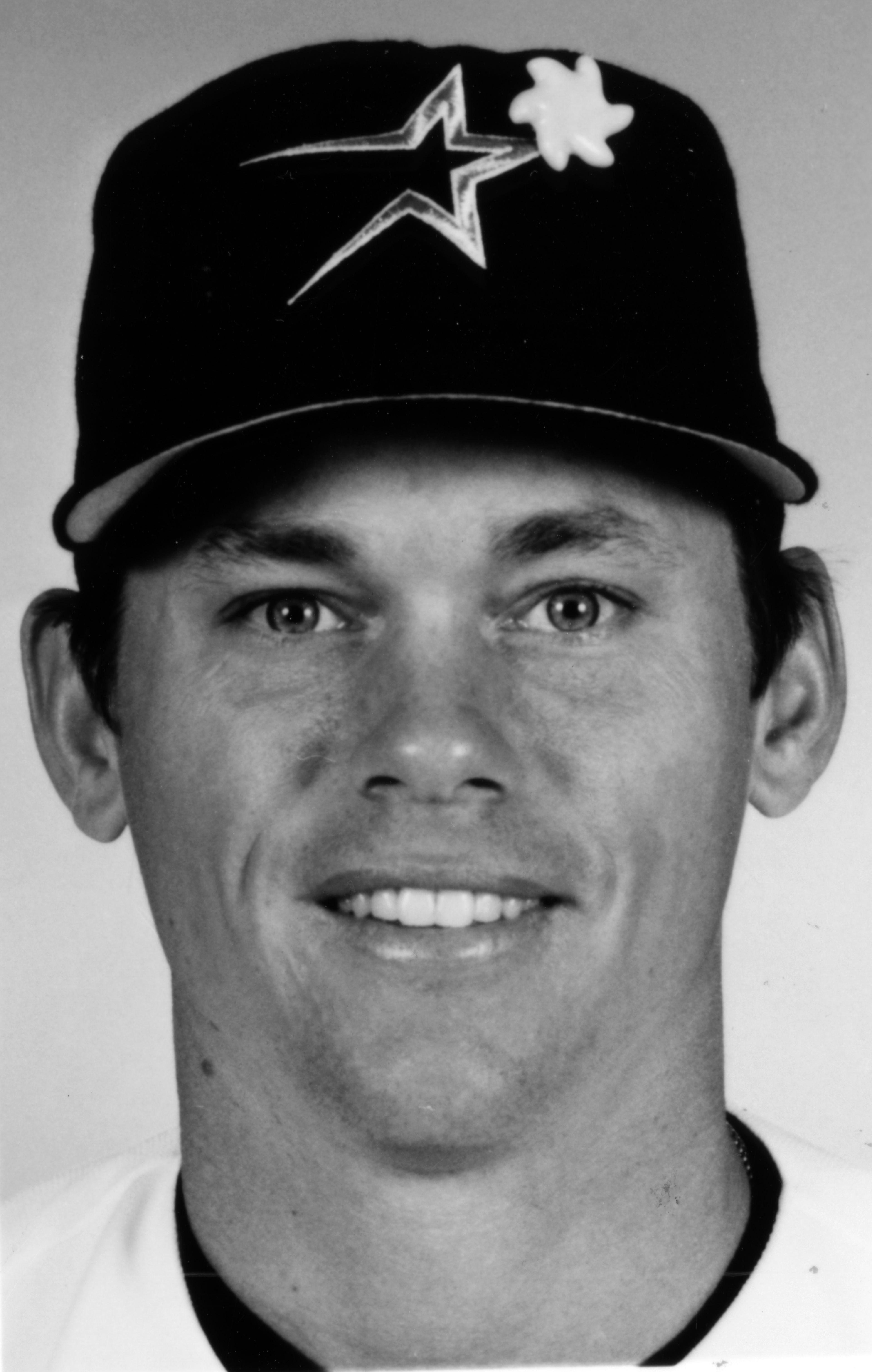Born July 24, 1964 in Riverside, Calif., Bonds grew up in major league clubhouses around his father, All-Star outfielder Bobby Bonds. By 1982, Barry was one of the top high school players in the country, and was taken by the San Francisco Giants in the second round of the MLB Draft. But Bonds and the Giants could not come to an agreement, and Bonds decided to play college baseball at Arizona State. After three brilliant seasons with the Sun Devils, Bonds was taken by the Pittsburgh Pirates with the sixth overall pick in the 1985 MLB Draft.
In less than a year, Bonds would debut as the Pirates’ center fielder.
After three-and-a-half years of moderate success as the Pirates leadoff hitter, Pittsburgh manager Jim Leyland dropped Bonds to the No. 5 spot in a lineup featuring Andy Van Slyke and Bobby Bonilla. That year – 1990 – saw Bonds display his all-around ability for the first time as he hit .301 with 33 home runs, 114 RBI and 52 stolen bases en route to the National League MVP Award.
The Pirates lost to the eventual World Champion Cincinnati Reds in the NLCS – with Bonds hitting .167 with one RBI – but the best was yet to come.
Bonds finished second in the MVP vote in 1991 following a slow start, but still hit 25 home runs and notched 116 RBI while leading the Pirates to another NL East title – and another subsequent loss to in the NLCS, this time to the Braves. In 1992, Bonds was again named the NL MVP after hitting 34 home runs and scoring a league-best 109 runs. But once again, the Pirates lost to the Braves in seven games in the NLCS – this time falling in the bottom of the ninth of the final game when Sid Bream barely beat Bonds’ throw to home plate to score the game-winning run.
Bonds hit the free agent market following the 1992 season and quickly signed a six-year, $43.75 million contract with his hometown Giants.
“I did a lot of soul searching about where I wanted to go and who I wanted to be around,” Bonds told USA Today in 1993. “San Francisco was one of the teams I felt fit my style.”






